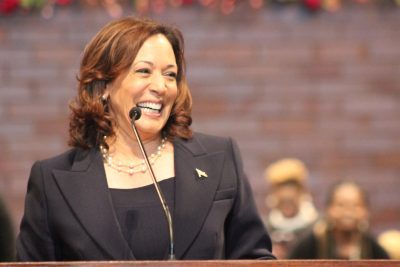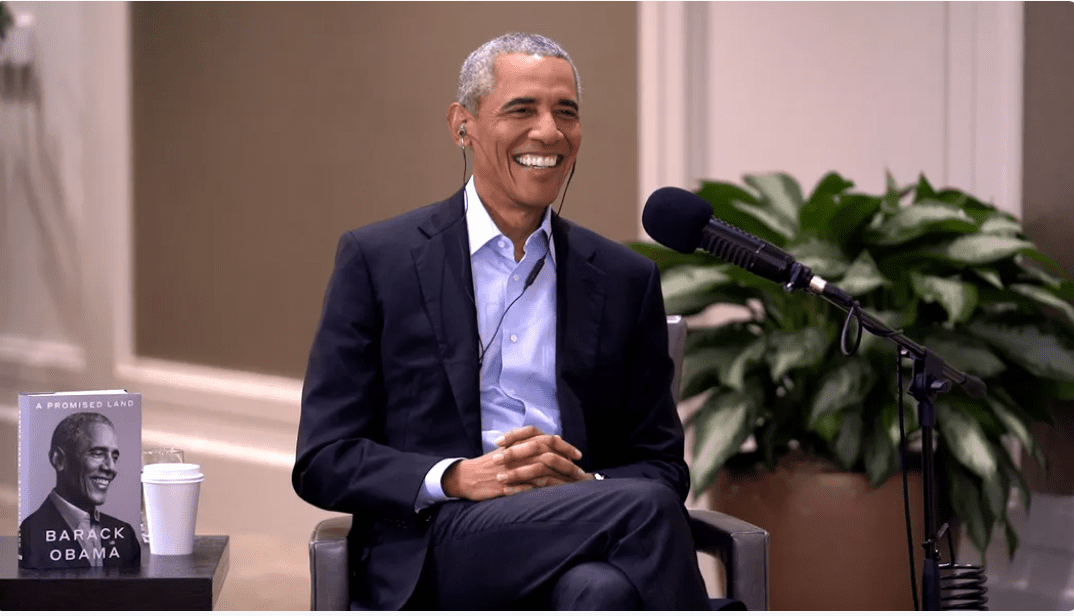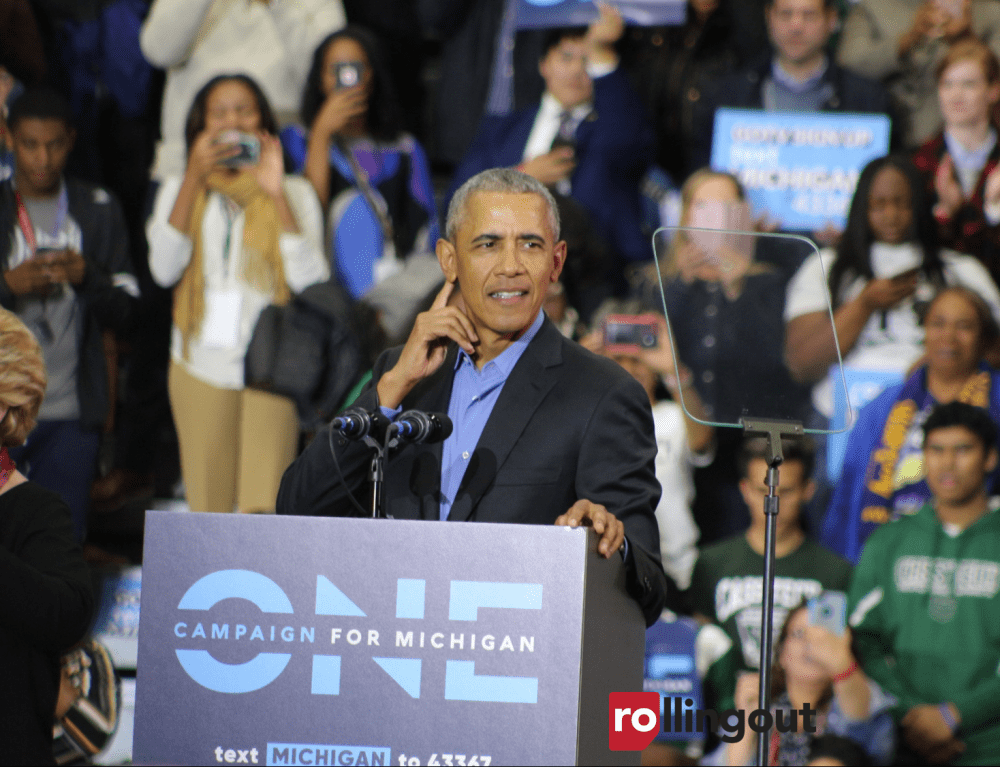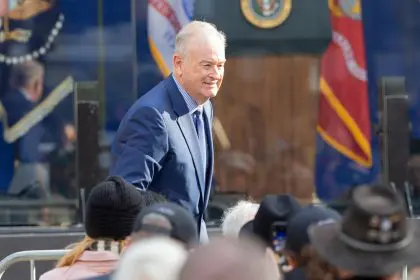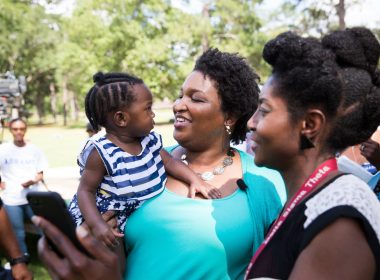Harvard Business School is one of the most prestigious institutions in the nation. During rolling out‘s recent visit to Cambridge, Mass., we spoke with several black MBA students who shared their experiences of striving for an advanced degree. –amir shaw

How has this experience changed your outlook and allowed you to see things differently?
Jenn Brown: Harvard business school has given me an appreciation and understanding for the complexities of the world. HBS has positioned me to have a better grasp of what those issues might be and a better understanding of them. I think HBS has exposed me to a new way of thinking in terms of frameworks. In an organized way, we can take fragmented, impartial information, add assumptions to that and come to informed decisions.
What advice would you give to teenage students about the importance of getting an advanced degrees and how it can change your life?
Jenn Brown: I think it depends on the student’s career choices. I think if it’s someone interested in certain fields within business, with aspirations
to be a manager, Chief Executive Officer, and Chief Financial Officer, I think an MBA will provide a competitive advantage. And in the
uncertain global economic landscape, it’s important to find any edge that people can give themselves. An MBA, especially from an Ivy League school, will position them well for whatever goals they might have. Graduate school opens up doors that will expose you to pathways, choices and decision points you will not have been exposed to if you didn’t go to graduate school.

Why did you decide to pursue an advanced degree at Harvard Business School?
Tevie Monk: Upon graduation from Howard University, I felt very passionate about education in the Black community. So I joined Teach For America as a kindergarten teacher in Atlanta for two years and went on to become a recruitment director for Teach For America’s National Staff out of the Atlanta office. Afterwards, I came to Harvard Business School. I felt it would give me a better understanding of management principles and how to apply those in a for profit or non-profit setting.
What has your experience been like at Harvard thus far?
Tevie Monk: I think it’s definitely been transformative and growing. There aren’t a lot of former kindergarten teachers walking around Harvard Business School, so it’s interesting to see that dynamic and also to see how there are transferrable skills, whether they come from the classroom or from wall street, that are fundamental to basic business practices. So, I think it has been eye-opening in that regard.

How has the experience at Harvard Business School changed your outlook?
Brittany Harris: It has challenged my thinking a lot. You’re forced to make decisions with imperfect information. I think this is one of the first opportunities that I’ve had to kind of make decisions with imperfect
information without having a textbook around or without having someone lecturing, or giving me a formula-like way of doing things. So in terms of how I’ve changed, I believe it’s made me more confident in my own abilities and being comfortable with uncertainty.
Did you have any mentors that guided you through your life?
Brittany Harris: I definitely had several mentors growing up. I think that coming to a place like Harvard or anywhere that you feel
like the minority, it’s easy to kind of lose track of what you stand for, and what your interests are. It’s really easy to be like
everyone else. It’s always nice to have a mentor to get you back in check with what’s important to you and what you were originally here
for. It’s also important for me to mentor and try to give back to people who are younger than me. A lot of times, children who grow up
in environments that are less fortunate don’t have role models who have advanced degrees. If they can see someone who looks like them
that’s doing things they thought weren’t possible, it can help them make that dream a reality.
What has your experience been like so far at Harvard Business School?
Maurice Kuykendoll: I found these experiences to be amazing. I went to Hampton University for undergrad and my experience exposed me to a bunch of different things. You’re living on your own for the first time, you’re paying bills, and starting to see what it feels like to be an adult. At HBS, I’ve had the chance to grow deeper, go into things I’m more interested in, have deeper relationships and find out things about myself and how I can interact with the world.
How has HBS changed your life?
Maurice Kuykendoll: I think the advanced degree definitely provides some sort of educational value. I went to work this summer and I was a lot better, a lot faster, and a lot smarter than I was before. But I think that the Ivy League experience also has this second level of learning.
There’s just a whole different kind of cultural learning that you get when you’re exposed to the kind of people who attend these institutions.


